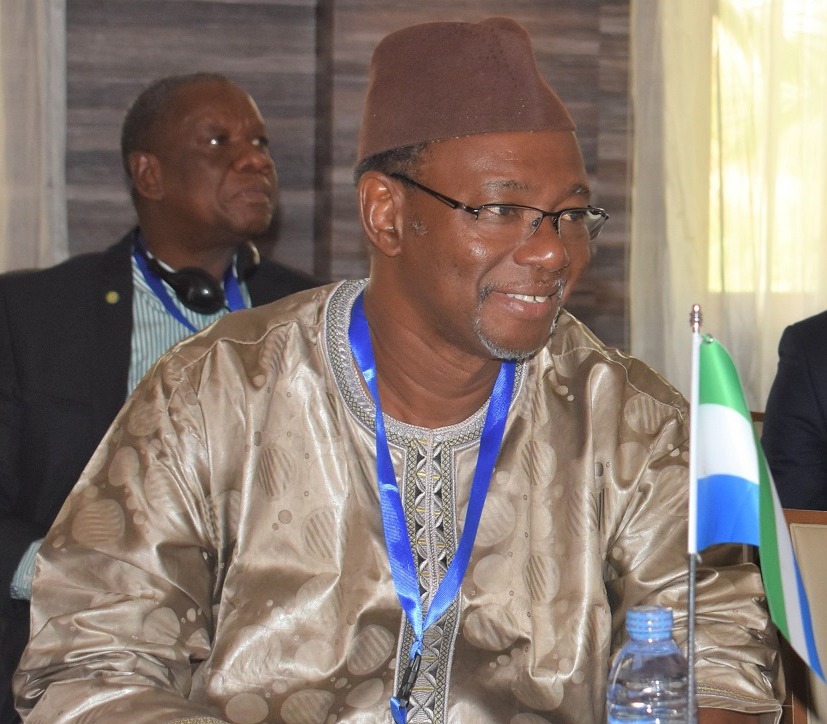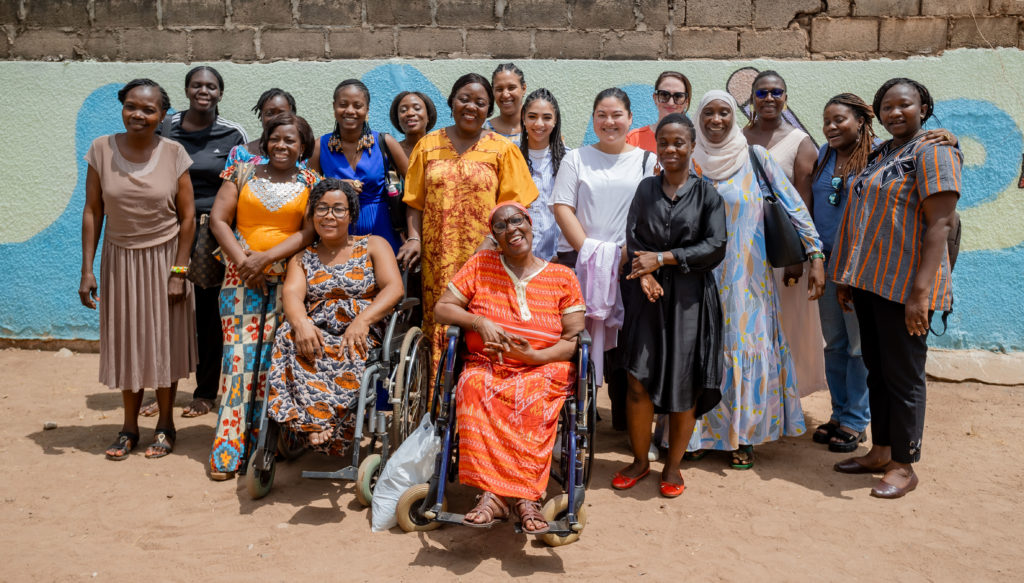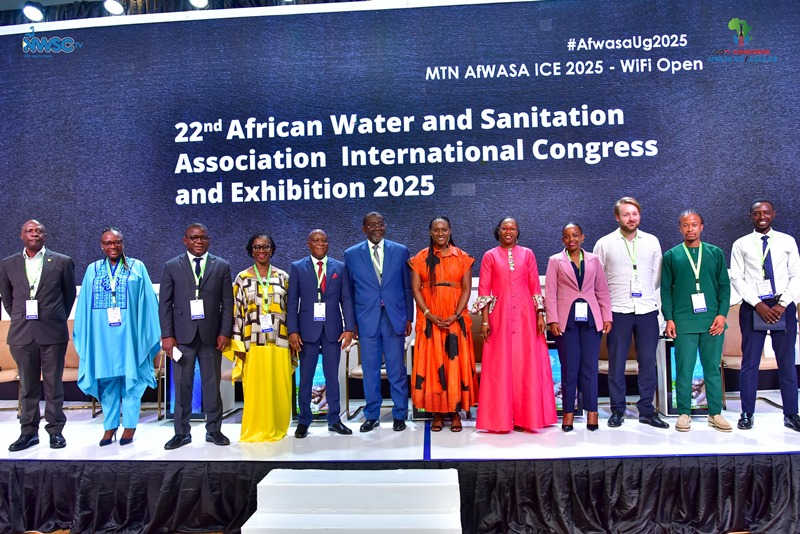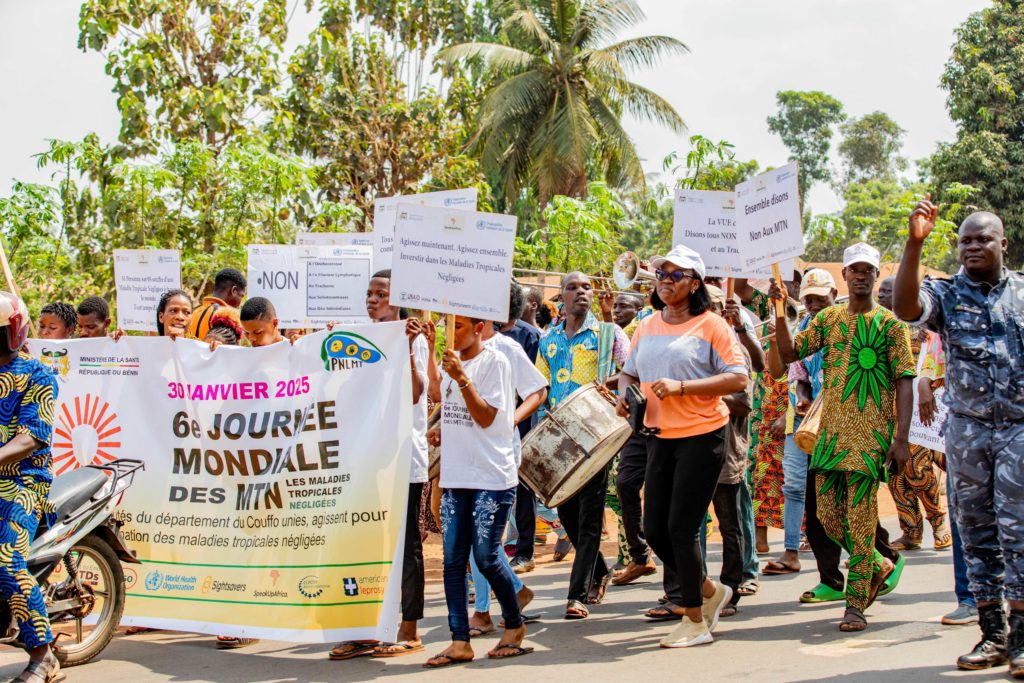One anniversary and 4.6 million bednets: the fight to end malaria in Sierra Leone is stronger than ever

By Hon. Dr. Alpha T. Wurie, Minister of Health and Sanitation
In 2014, the world watched as we battled the Ebola virus and close to 4,000 lives were lost. The fight against this deadly virus taught us a lot, from tackling misinformation to ensuring rapid testing and treatment is carried out. People often forget, however, that during this time we lost even more lives to malaria. In Sierra Leone, malaria has been a long-standing foe of ours, with 1.78 million malaria cases confirmed in 2018. In 2019, we therefore adopted a new initiative to end malaria for good, declaring ‘Zero Malaria Starts with Me’.
On the 2nd of July, Africa celebrated the 2nd anniversary of the Zero Malaria Starts with Me campaign and I am pleased to add my voice to the global malaria community in commemorating this growing pan-African movement that calls for all citizens to take ownership of the fight end malaria. The continent-wide campaign was launched in July 2018 at the African Union Summit in Mauritania and was endorsed by all 55 Heads of State, including His Excellency President Dr Rtd. Brigadier Julius Bio of Sierra Leone. Since then, the movement has been going from strength to strength with 15 African countries now having launched the campaign nationally.
Today our progress against malaria is under threat. COVID-19 is taking hold of global health discussions and public health efforts, with recent World Health Organization modelling data suggesting that the pandemic threatens to double malaria deaths in 2020 alone. We cannot let the fight against COVID-19 come at the detriment of our mission to end malaria, and it is crucial that countries across Africa continue to scale up their malaria programs and ensure that this disease remains a priority for the continent. After all, malaria continues to claim the lives of over 400,000 people each year globally.
Since March, 2020, we have been fighting to control the spread of COVID19, with cases surpassing 1000 in June. However, we have nonetheless continued to provide essential malaria services: letting down the citizens of Sierra Leone is simply not an option. That is why we decided to push forward with our planned mass distribution of 4.6 million long-lasting insecticide-treated nets (LLINs) across the country, enough that every single Sierra Leonean can sleep under a bed net every night, all year round. We had to act quickly and decisively as the rainy season, the period of peak malaria transmission, was not going to wait for us.
LLINs are tried and tested interventions, proving to be the most cost-effective tools against malaria. The development and the scale-up of these nets over the last two decades is responsible for approximately 68% of malaria cases prevented in Africa. The use of bed nets is just one element of a successful malaria control programme, but it is an important one that empowers communities to protect themselves and their families against malaria-carrying mosquitos.
Of course, the distribution of these nets, as well as other malaria tools, did not come without challenges. Supply chains of key malaria commodities have been strained, and COVID-19 put our brave community health workers at heightened risk. The government also shared a message of ‘less touching’, to reduce the transmission of COVID-19 and to protect health workers. We worked with suppliers to ensure the nets would be available for distribution, while health workers were provided with protective equipment. Adhering to national COVID-19 guidelines, we set up even more distribution points, hired additional campaign staff, provided hand washing stations including hand sanitisers at distributions points and required recipients to wear facemasks and practice social distancing, to ensure we could deliver nets safely to households and individuals despite the difficult circumstances.
Everyone in Sierra Leone is affected by malaria, which is why we have engaged a wide range of stakeholders from all areas of society: members of parliament, mayors, religious leaders, paramount chiefs, the media, local councils, health and government officials, civil society organizations, traders, celebrities, footballers, models, actors, musicians and comedians. Using their voices and influence, these leaders are essential for ensuring people know how to stay safe and to seek diagnosis and treatment if experiencing a fever.
Our firm commitment to ending malaria is something we are proud of in Sierra Leone and I want to reaffirm that allegiance on the 2nd anniversary of the Zero Malaria Starts with Me campaign. However, malaria does not respect borders, and mosquitos are not bound by country limits. That is why we call on neighbouring African countries to learn from our experience and continue to scale up malaria programs despite the challenges of COVIDo-19. Naturally, we have had successes and failures; however, collaboration and knowledge sharing continue to be the best way of ensuring that only the successes are repeated. Malaria programmes must continue even in these most trying times as they are vital to support our populations’ health and prosperity.
2020 marks the beginning of a new decade, a decade in which we must strive to build stronger and more resilient health systems and to collectively mobilise to put an end to public health crises such as malaria.
As we say in Krio, Malaria e Don Wan Dae Na Mi Han.


